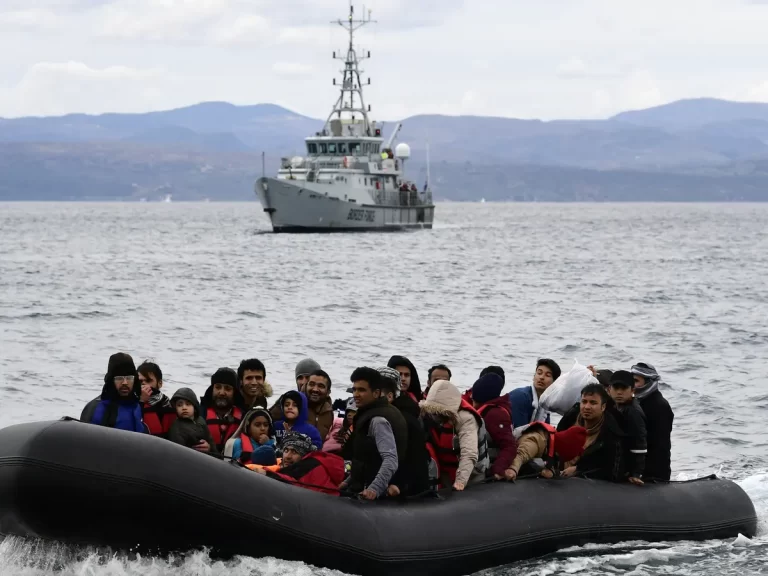Greece, which has long been the leading owner/operator of cargo shipping, and now joined by China, it has come to dominate cargo capacity, according to a new analysis from industry trade group BIMCO.
BIMCO, one of the largest international shipping associations representing shipowners, says that combined Greece and China have a third of the total deadweight capacity within the commercial shipping sector, and this is expected to continue as both countries remain active with large orderbooks.
“Over time, key shipping nations have, however, emerged,” points out Niels Rasmussen, Chief Shipping Analyst at BIMCO.
“Some have since lost importance due to shifts in global trade, but Greece has remained the world’s foremost shipping nation. More recently, China’s importance as a shipping nation has grown.”
BIMCO calculates that there are approximately 61,000 ships in the global cargo fleet with a total deadweight capacity of about 2,200 million dwt. Combined Greece and China control approximately 34 percent of the total fleet, with Greece remaining the overall leader with 19 percent of the cargo capacity.
China has continued to grow its position as a ship-owing nation in the past few years in part driven by its dominance in the global shipbuilding industry as well as its strong import and export volumes. UK-based Clarkson Research Service reported in August 2023 that China and Greece were basically tied based on the gross tonnage owned by each nation. China had moved slightly ahead to be declared the world’s largest shipowner by gross tonnage, but still lagging in second place based on cargo capacity.
Greece controls the world’s largest fleet of cargo ships
BIMCO report confirms that point highlighting Greek shipowners control the world’s largest fleet of cargo ships. According to BIMCO, Greece maintains a particularly strong share within the dry bulk, tanker, and gas carrier sectors. The analysis highlights that the Greek industry remains diversified with many well-established, traditional shipowners. BIMCO reports that seven Greek companies each have a fleet topping 10 million dwt.
China’s focus is more on general cargo and containerships with a smaller share of the tanker and gas carrier sectors. However, there also are only three Chinese companies with the largest fleets and they are dominated by the state-owned COSCO Shipping company.
According to BIMCO, another factor that is contributing to China’s rapid growth in shipping is the entry of Chinese financial institutions into the leasing market. The analysis highlights that five out of the 10 largest Chinese shipowners are leasing institutions and combined the 10 largest shipowners control 41 percent of the Chinese-owned fleet.
The profile however might be further evolving based on BIMCO’s analysis. They highlight Chinese shipowners’ aggressive ordering with the report saying China has a 21 percent larger orderbook than held by Greek owners. Shipowners in both countries are especially focused on LNG tankers and car carriers, two of the strong segments currently in the industry.
Greek owners have been lagging in the past few years in placing new orders. Orders placed by Greek shipowners however are up 53 percent this year over last according to data from a survey by Xclusiv Shipbrokers carried out on behalf of Naftiliaki, a Greek news outlet.
While they report Greek owners placed approximately a third of all the orders in 2023, they also show that Greek shipowners are third overall with a total of 359 vessels on order compared to 5554 by Chinese owners and 496 by the Japanese. Greek owners are often more active in the secondhand market. BIMCO concludes that the Chinese fleet may grow faster than the Greeks’ fleets in the coming years.
Source: Greek Reporter







